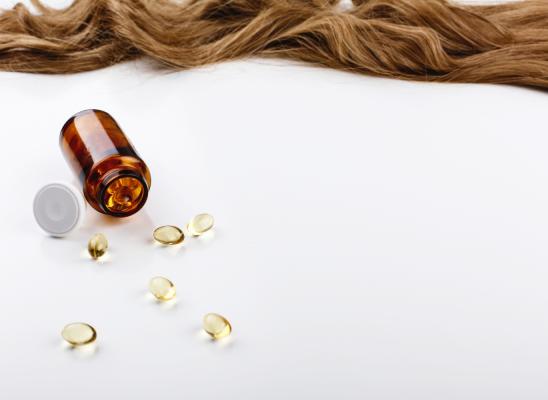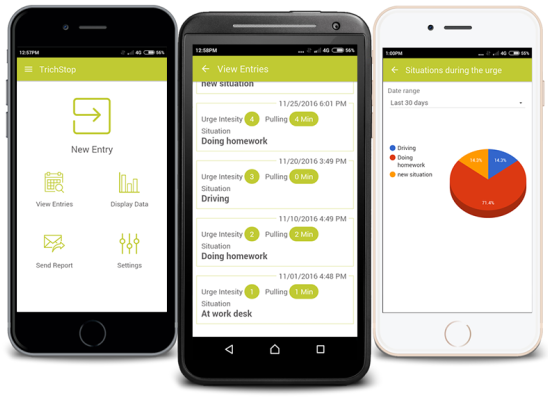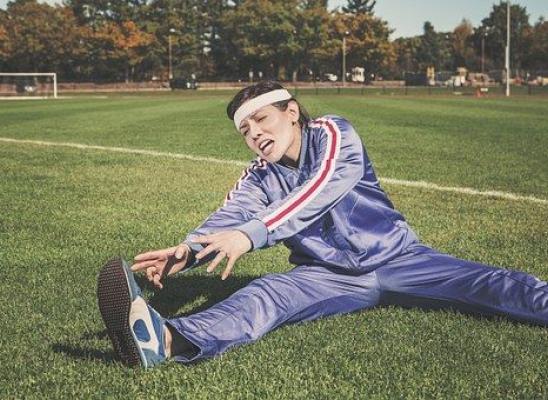Trichotillomania Medication

Online test
Find out the severity of your symptoms with this free online test
When a person is ready to engage in trichotillomania treatment, the preferred method of treatment tends to be a type of behavioral therapy. And there are a lot of different therapies for a person suffering from hair pulling to choose from. These include:
- Habit Reversal Therapy (HRT)
- Cognitive Behavioral Therapy (CBT)
- Acceptance and Commitment Therapy (ACT)
- Group Therapy
- Hypnosis
While these therapies remain the main kind of therapy that people suffering from trichotillomania seek out, there are certain medications that can assist in alleviating the issues that surround the disorder.
No Specific Medication
It should be noted that there has not yet been a singular medication or a combination of medications that have been approved by the Food and Drug Administration (FDA) for the outright treatment of trichotillomania. Rather, any prescription that is passed off as a trichotillomania medication is done so as a means to alleviate the symptoms and the conditions that surround the disorder, and not necessarily a medicine for trichotillomania itself. The reason for this is due to the fact that science has yet to pinpoint the specific neurologic system of chemical messengers that are connected to trichotillomania, which leaves science without a clear model that is needed to choose a proper medication. That said, when a medication for hair pulling is prescribed, it is primarily a choice that is based on the prescribing physician’s clinical experience, provided all of the typical safety precautions that are associated with other medications are in place.
Three Separate Categories of Meds
There are numerous prescriptions that can fall under the category of medicine for trichotillomania, provided that the prescribing physician takes the proper level of safety precautions in issuing the medication, such as weighing the risks of the medication versus its benefits.
The first category of prescriptions that could be considered trichotillomania medication is daily medications. These types of medications are ones that must be taken on a regular basis in order to be helpful. Typically, they also require patience on the part of the trichotillomania sufferer, as their effects do not typically present for a few weeks. These prescriptions should not be stopped unless it’s with a doctor’s guidance. A prime example of these prescriptions is medications that fall under the category of Selective Serotonin Reuptake Inhibitors (SSRIs); medications that are usually prescribed to battle depression and anxiety. Other medications that could double as a medicine for trichotillomania include mood stabilizers, pain blockers, and dopamine blockers.
The second category of medications that could be considered a potential medication for hair pulling are medications that are to be used as needed. These medications are not needed to be ingested on a daily basis, but they can be very helpful in times when the urge to start hair pulling is particularly strong. Tranquilizers are an example of this type of medication, as they can be utilized in times of anxiety or stress in order to stop a sudden flurry of hair pulling episodes. Other as needed medications can also help with other issues that are linked to trichotillomania; antihistamines can help reduce itching that may result from an area made sensitive by hair pulling, while sleeping pills can be utilized to help a trichotillomania sufferer fall asleep in the midst of an urge.
A third classification of medication that could be used to treat the effects of trichotillomania is skin medications. Since skin from an area where hair is routinely pulled from can get itchy, irritated, or inflamed, thus causing a great deal of discomfort. However, topical steroids or antihistamine cream can reduce itchiness in the skin. Additionally, bumpiness in the skin that could develop due to hair pulling can be remedied via the use of acne medications or other various treatments. Some skin medications can also be effective in subduing potential triggers for hair-pulling behaviors, such as tingling in the skin. These medications include astringents, topical anesthetics, or creams that cause a mild burning sensation.
Additionally, there have been studies conducted that show that a specific percentage of people that suffer from additional psychiatric conditions in addition to trichotillomania, such as depression, can get a boost in protection from trichotillomania when a prescription that targets depression is introduced.
Mixed Results
While these medication classifications have been shown to exhibit qualities that make them useful to combat secondary symptoms relating to trichotillomania, it does not necessarily mean that they are effective in preventing the causes that spur hair pulling activity. The results of medication in this regard have been inconsistent, with some results being rather discouraging. For example, some medications that have initially been thought to be an aid to aiding trichotillomania have been determined to actually increase instances of hair pulling in some patients. Additionally, some medications that have been used to treat symptoms associated with trichotillomania, such as Prozac, have shown to have limited usefulness and can also cause rather significant side effects.
Ultimately, the use of prescription medication as a means to combat the effects of trichotillomania hinges on a physician’s judgment. Because there is no specific medication that has been approved to treat trichotillomania outright, it is up to the physician to take inventory of the safety factors and everything that is known about the patient before any medication meant to aid in the treatment of trichotillomania is prescribed.
Online test
Find out the severity of your symptoms with this free online test
Start your journey with TrichStop
Take control of your life and find freedom from hair pulling through professional therapy and evidence-based behavioral techniques.
Start Now



